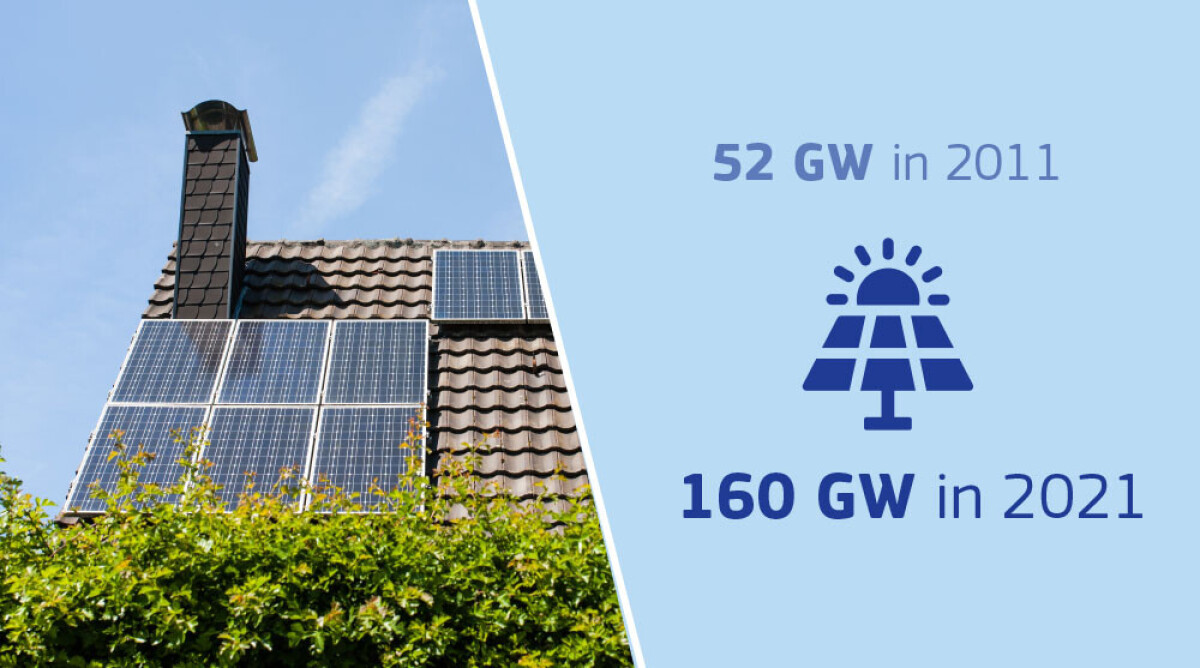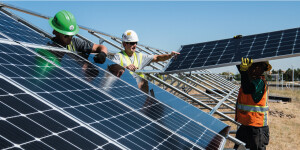Why is it important to invest in solar energy technologies
For a more sustainable energy future it’s essential to boost solar energy production, but what technologies are available and what are their main advantages?

It is a fact that renewable energies are the most strategic solution for the energy transition. And of all, solar energy is the most convenient. In fact, it’s not only one of the cheapest, but also easily accessible for families across Europe.
Not surprisingly, it has grown a lot in recent years: just think that in 2020 it covered 5.2% of total electricity production in the EU, but in fact it would potentially meet up to 20% of European electricity demand.
That’s why boosting the spread of solar technologies is one of the main points of the REPowerEU plan, which includes:
- unlocking the solar roof generation potential;
- resolving the issue of the skills gap in the solar energy sector;
- the increase in solar energy production from photovoltaics in the eurozone.
The goal is to reach almost 600 GW of capacity by 2030, also with a view to replacing gas consumption as an energy resource and ending the dependence of European countries on Russia.
But what are the technologies for solar energy? There are different types, each one with its pros and cons. Let’s see them together.
The solar photovoltaic
This type of technology converts sunlight into electricity creating voltage or electricity and is also the most widespread: in the last decade, in fact, has seen a great reduction in costs, about 80%, thanks to various subsidies promoted by European policies.
As a result, the request for solar photovoltaic has increased significantly and has become one of the most competitive electricity generation technologies in Europe and one of the renewable with the highest growth: If in 2011 the installed PV capacity in the EU was 52 GW, in 2021 it was even close to 160 GW.
The solar concentration
Known by the acronym CSP, the solar concentration contains all the technologies capable of transforming solar energy into heat at very high temperature that is later converted into electricity.
It is very advantageous because it gives the possibility to store thermal energy and delay the production of electricity, very useful when using renewable energy because it allows to compensate for the moments of low generation that inevitably involve these sources.
However, concentrated solar has a limit: it’s strongly linked to direct irradiation, a factor that inevitably limits its application in some geographical areas.
The solar thermal
This type of solar technology is used for the production of domestic hot water through heat collectors, both in the residential and industrial sectors.
It has many advantages: it’s economical, doesn’t need fuel, and can be used in any area. That is an excellent solution to be integrated in case you are renovating a building and also represents a system that allows a predictable energy generation.
Related Focus



